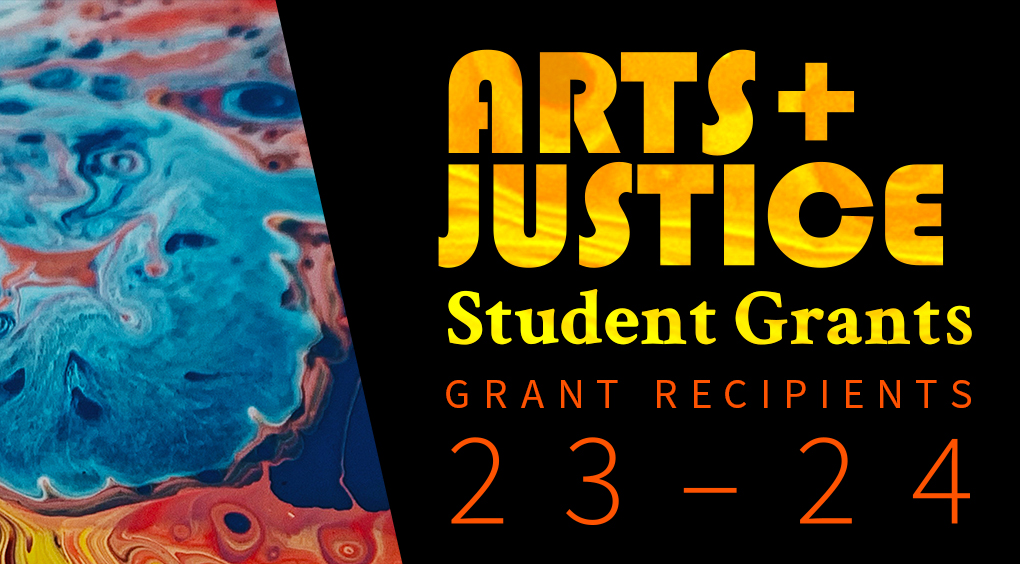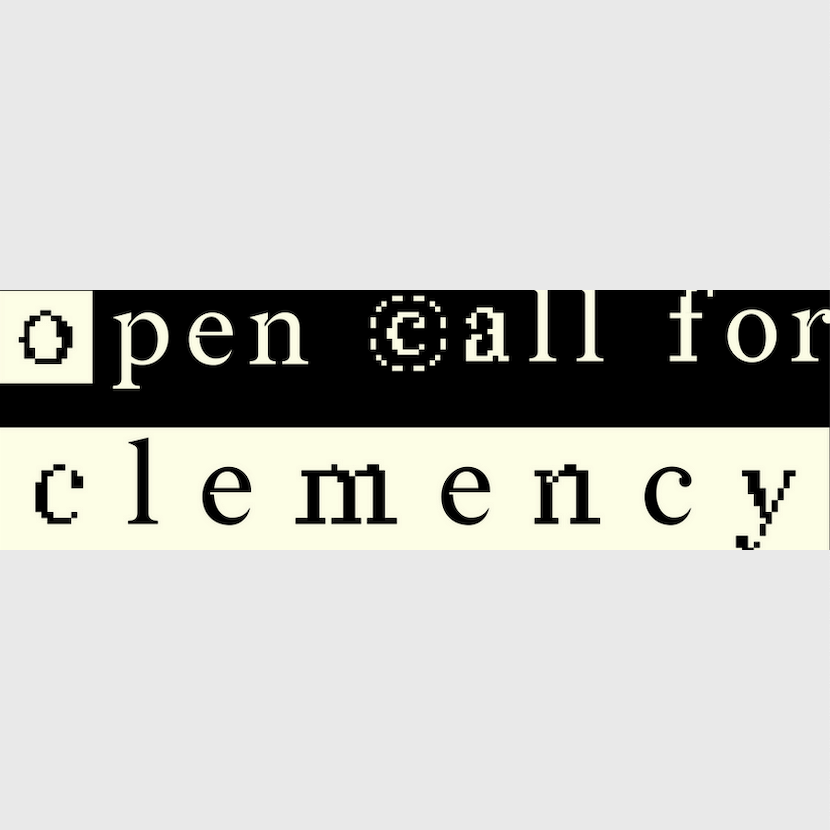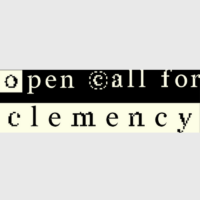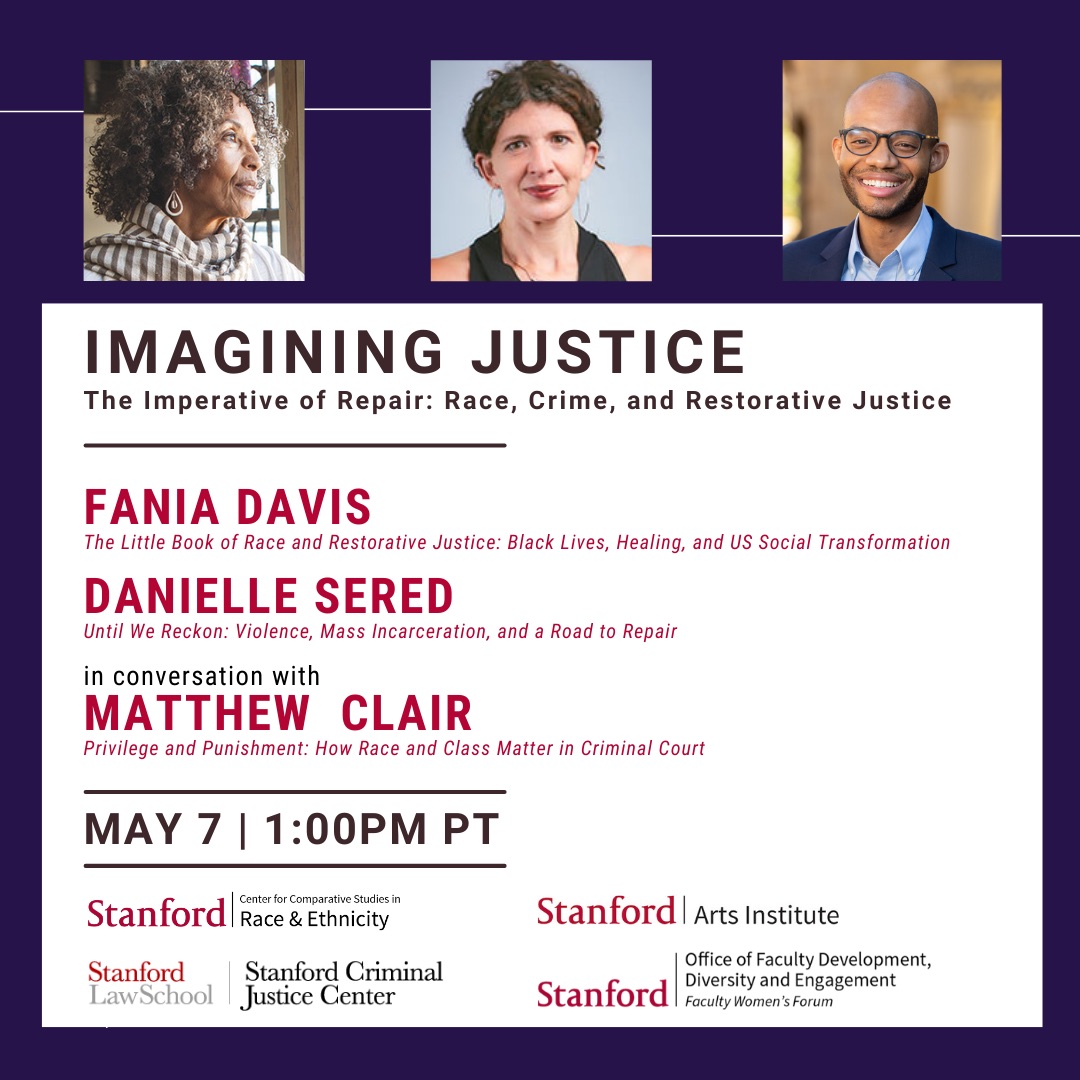Amy Elkins, The Golden State, 2017. Photo by artist. Exhibition at Frank M. Doyle Arts Pavilion, Orange Coast College. Costa Mesa, CA
Stanford Arts Institute collaborates with campus partners on a series of initiatives investigating urgent matters around justice and the arts.
Student Grants Program
Stanford Humanities Center Workshops
Imagining Justice Arts Diversion Program
Imagining Justice is a program designed to intervene into the racialized criminal justice system through an approach that combines creative intervention and scholarly reflection. It includes an arts-based diversion and prevention program that offers an alternative to fines, incarceration, and a criminal record for juveniles arrested for misdemeanors and non-violent felonies. Participants in the program complete a multi-part arts workshop led by local teaching artists that includes critical reflection, creative expression, and dialogue. Imagining Justice also curates a speaker series, which brings to campus leading scholars working at the intersection of criminal law and the humanities. The program is led by Professor Jisha Menon (Theater & Performance Studies) and Professor David Sklansky (Stanford Law School) and is a partnership among the Center for Comparative Studies in Race & Ethnicity, the Stanford Arts Institute, Stanford Criminal Justice Center, Oakland International High School, and community partners.
Funders: Stanford Center for Comparative Studies in Race and Ethnicity, the Andrew W. Mellon Foundation, Stanford Arts Institute, Vice Presidents for the Arts.
Featured News
The 2023-24 Arts + Justice Student Grant funded twenty students engaged in creative pursuits around questions of art and justice. This year’s cohort includes both undergraduate and graduate students who work in an array of mediums and forms.
The student cohort also received the support of an expanded workshop program, led by graduate student coordinator Marina Bergenstock (Ph.D. candidate in Theater and Performance Studies). The aim of these meetings is to build community and create a space where the group could share goals, challenges, progress, and successes. In this space, the students worked across media, providing invaluable feedback and creating kinship and relationships that will extend far beyond the length of these projects. Marina invited guest presenters who are artist-scholar activists to speak to the group, allowing the participants to think beyond their individual projects and into the wider networks to which they belong or of which they aspire to be part.
Made possible with the generous support of the Shenson Fund, the Arts + Justice Student Grants program is sponsored by the Stanford Arts Institute (SAI), in cooperation with Institute for Diversity in the Arts (IDA).

Contact:
Stanford Arts Institute
artsinstitute@stanford.edu









